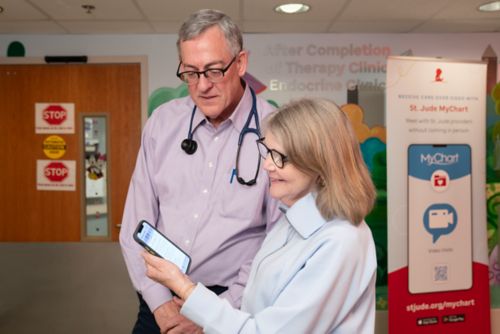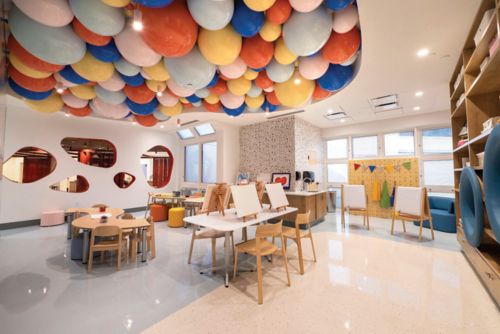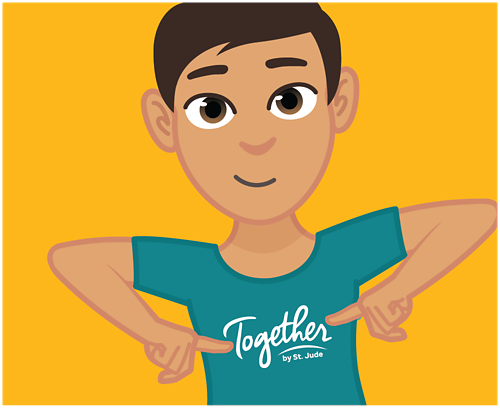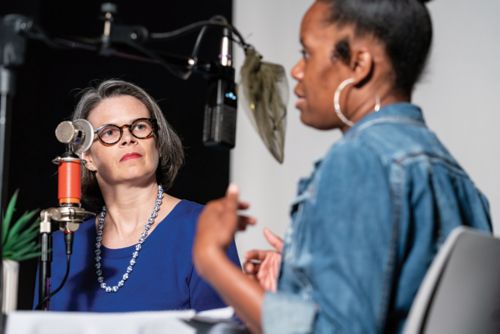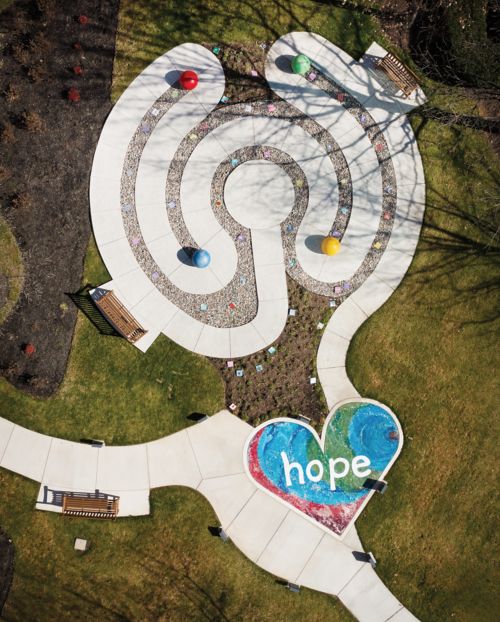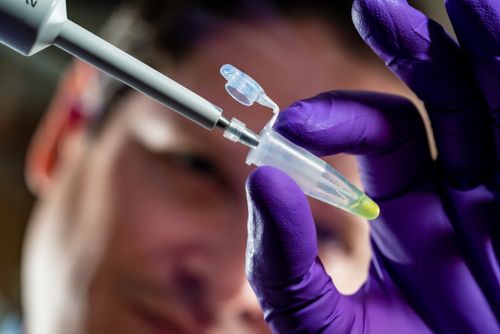This year’s Survivor Box gift is an ornament replica of the St. Jude Hope Garden. The Hope Garden is an outdoor labyrinth lined with stones decorated with patient art. Here, patients and families can walk and reflect, spending quiet time outside.
The Hope Garden was originally inspired by a St. Jude patient who envisioned an outdoor space where families could gather for spiritual healing. Due to construction, the garden has been moved to the green space just outside the St. Jude Gift Shop in the ALSAC National Headquarters building.



